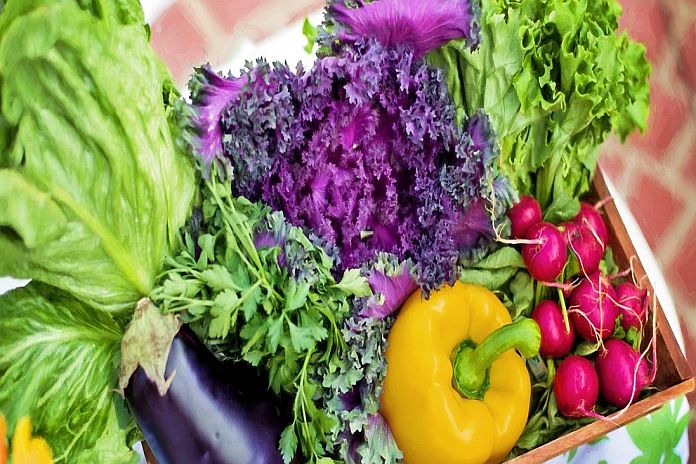CASTRIES, St Lucia — The Healthy Caribbean Coalition (HCC) and the Organisation of Eastern Caribbean States (OECS) Commission are concerned about the challenges to regional food security and accessing safe and nutritious food during, and beyond, the COVID-19 pandemic.
The situation
The COVID-19 pandemic threatens to undermine the gains made in recent years in the prevention and control of diet-related non-communicable diseases (NCDs), as well as the maintenance of good health among people living with NCDs. Population-based COVID-19 control measures are creating environments conducive to significant dietary shifts away from fresh produce towards non-perishable, energy-dense, nutrient-poor, processed and ultra-processed foods high in fats, salt, and sugars.
The ‘Big Food’ industry is thriving, including fast-food chains and quick-service restaurants which are adapting rapidly in order to meet growing demands for non-perishables and instant ‘lockdown’ meals. While acknowledging the potential contribution and value of the private sector, we must proceed with caution in light of increasing concerns that food and beverage industry giants may exploit current vulnerabilities to promote non-perishable, energy-dense, nutrient-poor, processed and ultra-processed foods high in fats, salt, and sugars.
The loss of nutritious meals by tens of thousands of children who benefit from national school meals programmes is another casualty of the COVID-19 pandemic in the Caribbean, a region already on a dangerous trajectory towards crisis levels of overweight and obesity. The COVID-19 crisis jeopardizes recent modest successes in this area and has the potential to give rise to post-pandemic surges in overweight and obesity among children and in the population at large.
These COVID-19-related threats to the diets of Caribbean people are further exacerbated by the regional droughts and an anticipated above-average hurricane season, examples of the climate crisis that is also impacting the region.
There is an urgent short-term and long-term imperative to develop and strengthen healthy, resilient, and sustainable regional food systems through increased domestic production and trade. Consumption of healthy diets consisting of domestically sourced fruits and vegetables and some animal products, such as fish and chicken, is critical for immune strength and requires the ability of local and regional supply chains to meet these needs.
Small scale producers are currently trying to fill these gaps, but we are only at the beginning of this crisis and the demand will grow. As the COVID-19 pandemic spreads, global food supply chains which are currently stable may begin to see disruptions.
As a significant net importer of food, with some countries importing 90-95 percent of what they consume, the Caribbean region is particularly vulnerable.





